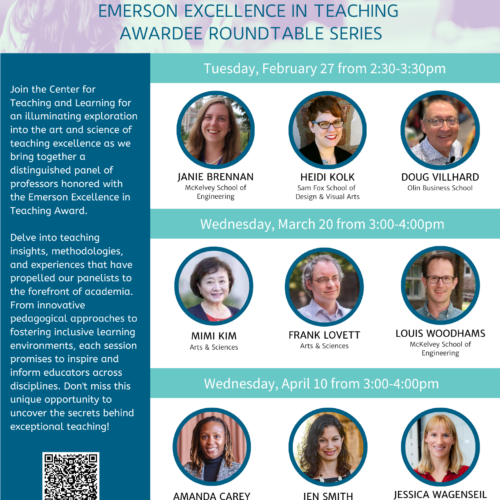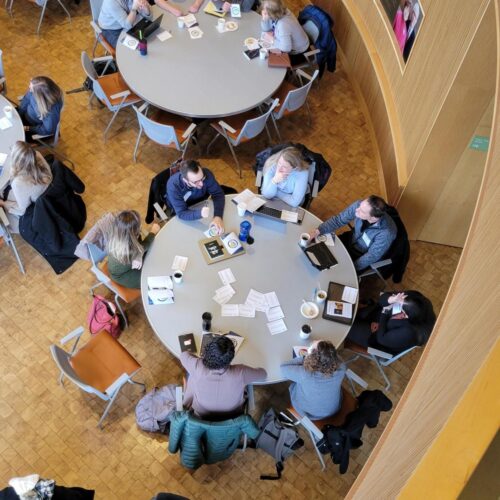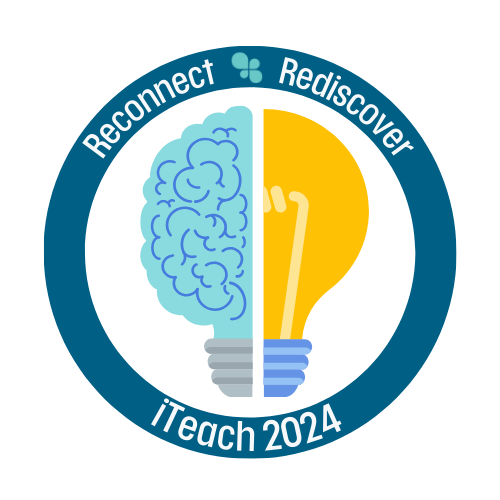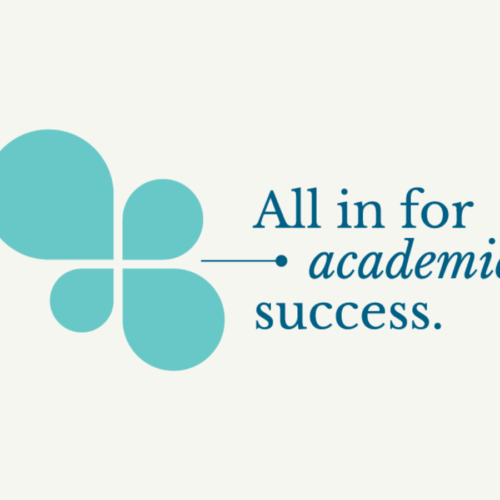2018 iTeach Faculty Symposium on Teaching
 On January 9, 2018, more than 200 faculty and staff from all seven schools of Washington University came together for the 2018 iTeach Faculty Symposium on Teaching to learn about innovative and evidence-based teaching practices. This ninth biennial symposium was held at the Charles F. Knight Executive Education and Conference Center on the Danforth Campus.
On January 9, 2018, more than 200 faculty and staff from all seven schools of Washington University came together for the 2018 iTeach Faculty Symposium on Teaching to learn about innovative and evidence-based teaching practices. This ninth biennial symposium was held at the Charles F. Knight Executive Education and Conference Center on the Danforth Campus.
iTeach opened with a plenary by Dr. Mary Murphy, Associate Professor of Psychological and Brain Sciences and Associate Vice  Provost for Student Diversity and Inclusion at Indiana University. In “Creating Identity Safe Settings that Support Student Success,” Dr. Murphy began by discussing foundational research on stereotype threat–a phenomenon in which concern about confirming a negative stereotype can depress students’ academic performance.
Provost for Student Diversity and Inclusion at Indiana University. In “Creating Identity Safe Settings that Support Student Success,” Dr. Murphy began by discussing foundational research on stereotype threat–a phenomenon in which concern about confirming a negative stereotype can depress students’ academic performance.
Key to this research is the finding that stereotype threat requires only knowledge of a stereotype, not belief in it. In other words, one only needs recognize that a stereotype exists for it to have the potential to inhibit learning and therefore intellectual performance. Murphy explained this phenomenon in terms of a “snake in the house” analogy: one does not need to see the snake to be worried about it. If there’s a snake in the house, the threat is always hanging in the air, and some attention will be displaced from other activities because of this concern. Studies have demonstrated the effects of stereotype threat on performance by students across identity groups, including African-American students, women, first-generation college students, and white men when they are reminded of the cultural stereotype of Asian students’ superior abilities in math.
Dr. Murphy’s research on the Cues Hypothesis, which builds on earlier research on stereotype threat, examines situational cues that can affirm or  threaten depending on the social identities of those who experience the cues. Dr. Murphy highlighted a number of institutional mechanisms that can provide negative cues, thereby reinforcing stereotype threat, and consequently having a negative effect on student performance and retention. These cues include underrepresentation in a classroom or educational resource, the physical environment of learning spaces (who is on the “wall of fame” that students walk by to get to class?), the bureaucratic structures in universities, and interactions students have with faculty. Dr. Murphy also asked participants to consider how they might work within their own contexts to exhibit a “growth mindset” about ability and intelligence–which her research has demonstrated can be an affirming, positive cue for students who are underrepresented in a discipline or at an institution.
threaten depending on the social identities of those who experience the cues. Dr. Murphy highlighted a number of institutional mechanisms that can provide negative cues, thereby reinforcing stereotype threat, and consequently having a negative effect on student performance and retention. These cues include underrepresentation in a classroom or educational resource, the physical environment of learning spaces (who is on the “wall of fame” that students walk by to get to class?), the bureaucratic structures in universities, and interactions students have with faculty. Dr. Murphy also asked participants to consider how they might work within their own contexts to exhibit a “growth mindset” about ability and intelligence–which her research has demonstrated can be an affirming, positive cue for students who are underrepresented in a discipline or at an institution. 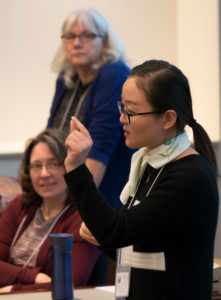
In addition to the plenary, iTeach provided an opportunity for faculty and staff to learn from one another and to participate in sixteen interactive sessions on a wide range of teaching and learning projects. Several sessions presented research related to ongoing WashU projects, such as the university’s assessment of student writing and the integration of clickers into introductory courses. Other sessions focused on broad topics of teaching and learning, such as developing classroom strategies that promote students’ metacognitive processing and helping students to learn to read and annotate digital texts.
iTeach is co-sponsored by Arts & Sciences, The Teaching Center, The University Libraries, and the Office of the Provost.
A recording of Dr. Murphy’s plenary, as well as handouts and slides from many of the sessions, are available to the WashU community here. Additional photos from the event can be found here.
